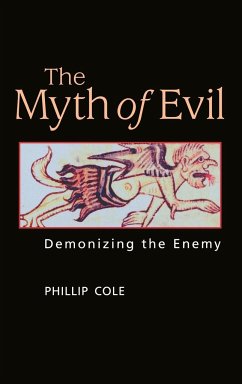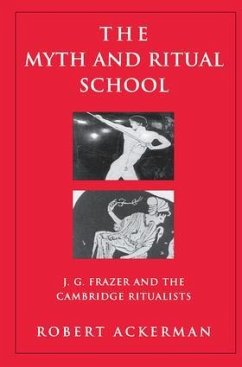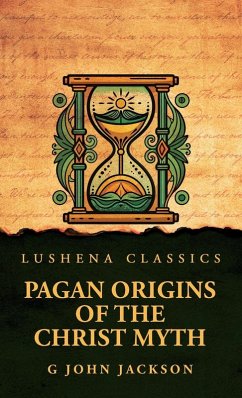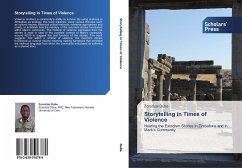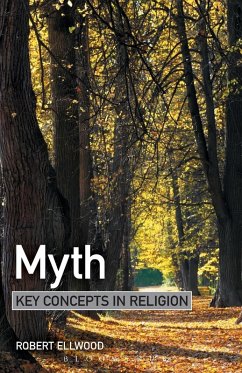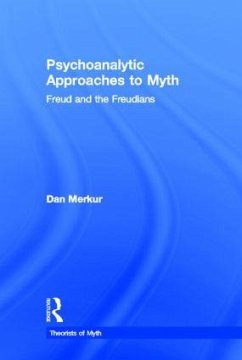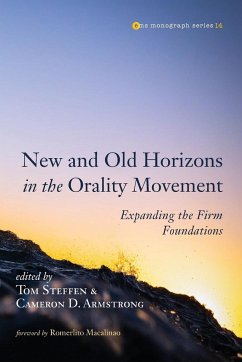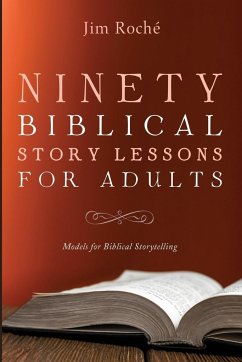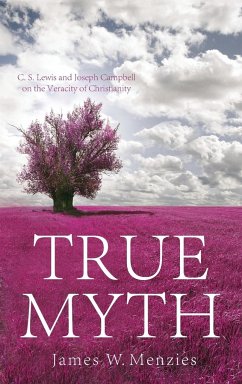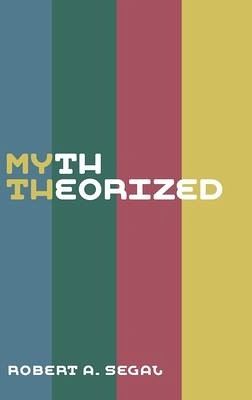
Myth Theorized
Versandkostenfrei!
Versandfertig in 1-2 Wochen
98,99 €
inkl. MwSt.

PAYBACK Punkte
49 °P sammeln!
¿¿This collection of essays is about theories of myth, or generalizations about myth. Chapter one contrasts E.B. Tylor's quintessentially nineteenth-century of myth-that myth serves to explain the physical world-to Hans Blumenberg's equally quintessentially twentieth-century one-that myth serves to do anything but explain the physical world. Chapter two contrasts F. Max Müller's theory of myth to Tylor's. Where Tylor sees myth as an aspect of religion, at least of primitive religion, Müller pits myth against religion. Chapters three and four present J. G. Frazer's interpretation of Adonis ...
¿¿This collection of essays is about theories of myth, or generalizations about myth. Chapter one contrasts E.B. Tylor's quintessentially nineteenth-century of myth-that myth serves to explain the physical world-to Hans Blumenberg's equally quintessentially twentieth-century one-that myth serves to do anything but explain the physical world. Chapter two contrasts F. Max Müller's theory of myth to Tylor's. Where Tylor sees myth as an aspect of religion, at least of primitive religion, Müller pits myth against religion. Chapters three and four present J. G. Frazer's interpretation of Adonis and Osiris as the god of vegetation or vegetation itself. Chapter five compares the theories of two of the most popular writers on myth: Frazer and Joseph Campbell. Frazer epitomizes the nineteenth-century view of myth-that myth is a primitive, pre-scientific account of the physical world. Campbell epitomizes the twentieth-century view-that myth is panhuman. Chapter six argues that Campbell, despite the commonly applied characterization, is almost anything but a Jungian. Chapter seven asks whether Eliade's theory actually allows for modern myths, even in light of his fundamental claim that all humans have myth. Chapter eight considers Eliade on myth and science and compares his view with that of Bronislaw Malinowski. Chapter nine sums up the book Twentieth Century Mythologies: Dumézil, Lévi-Strauss, Eliade (2006) by Daniel Dubuisson. Chapter ten presents the array of views on the relationship between myth and literature. One relationship is the tracing of mythic themes in literature. Another is the origin of literature from myth. Chapter eleven compares various theorists on the nature of hell and heaven. Chapter twelve asks whether heroes of myth must be male. Chapter thirteen considers the concept, developed by Jung and the physicist Wolfgang Pauli, of synchronicity, or a noncausal relationship between humans and the external world. The fourteenth and final chapter presents the varying positions of theorists on the relationship among four categories: myth, science, religion, and philosophy. Each theory is applied to the myth of Noah (Genesis 6-9).






